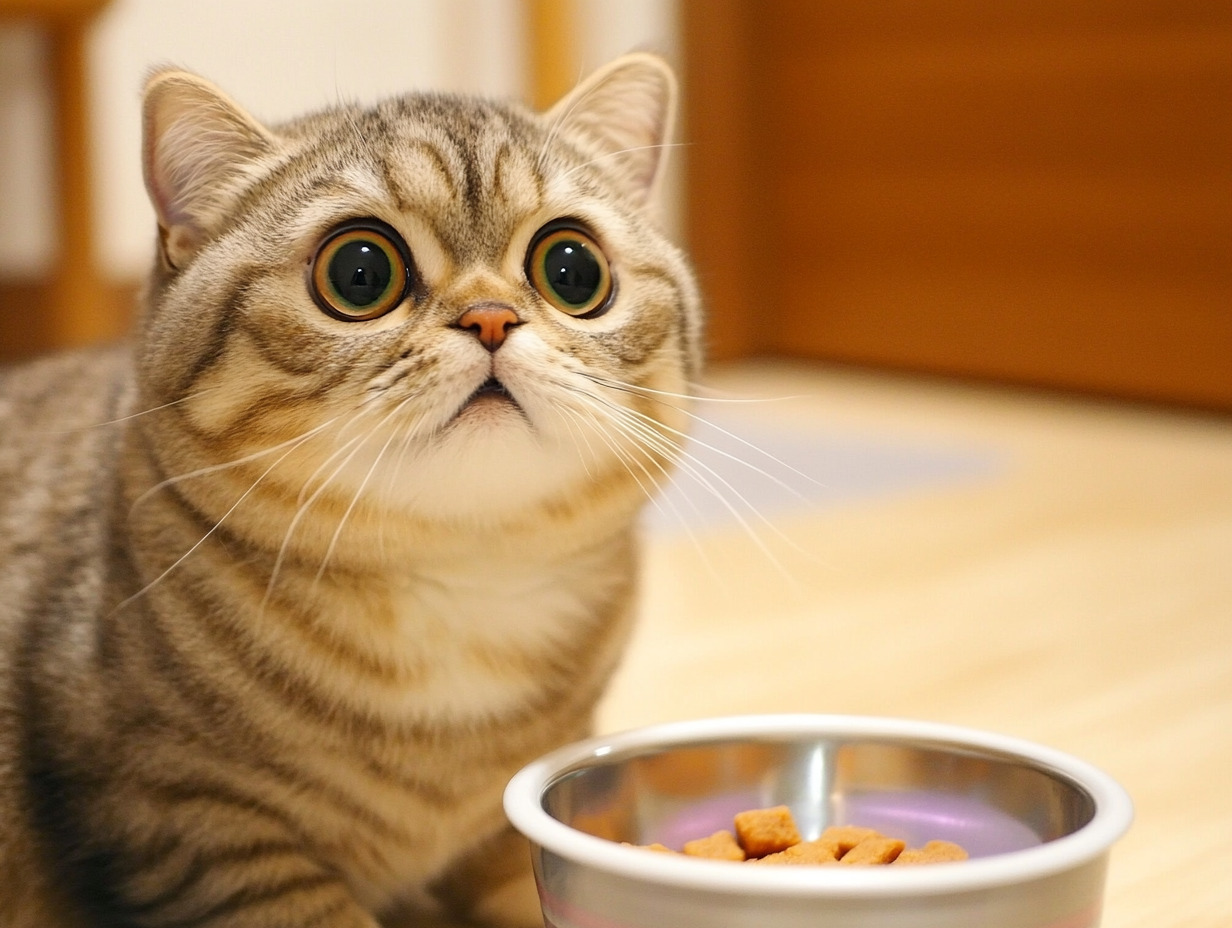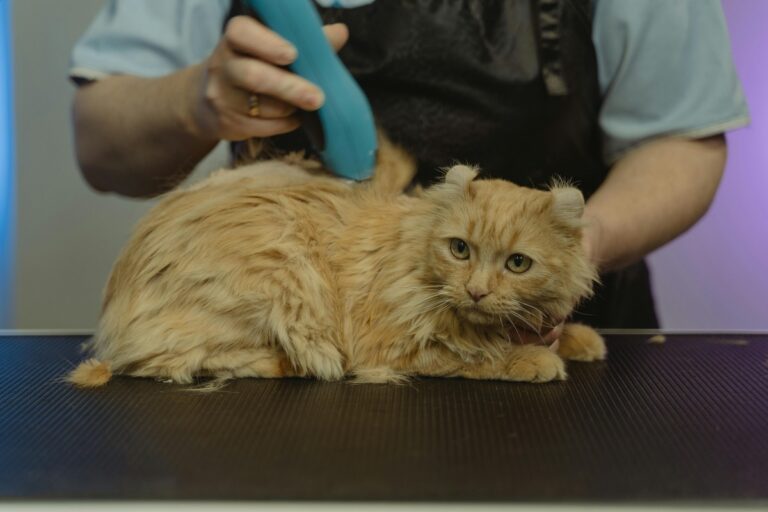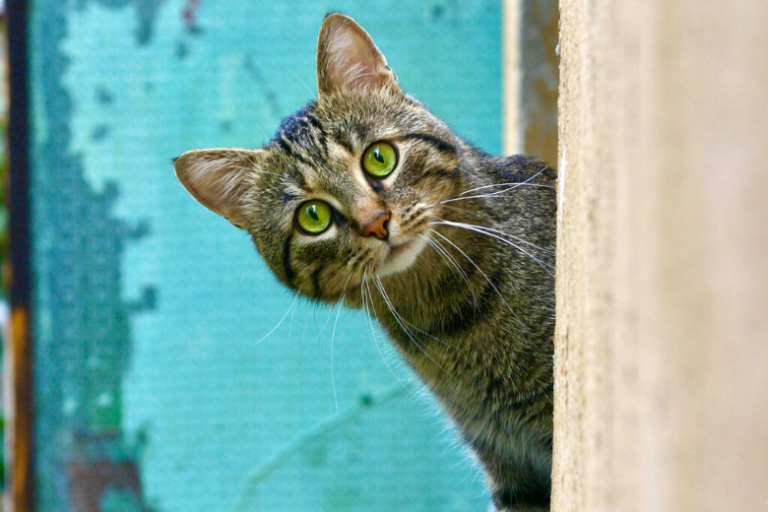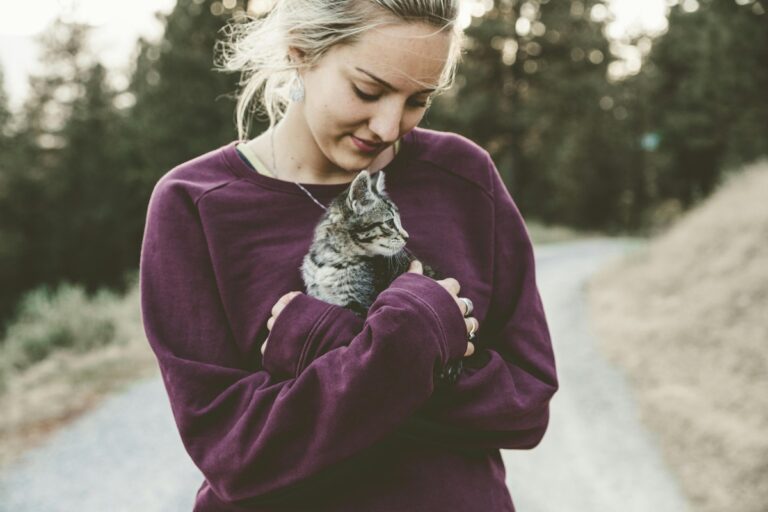What to Do When Your Cat Is Not Eating: 8 Common Causes and Solutions
As a cat owner, it’s understandably concerning when your feline companion refuses to eat. A cat’s loss of appetite can be a sign of various health issues or behavioral changes. While it’s common for cats to occasionally skip a meal, a prolonged lack of interest in food can indicate something more serious. Understanding the common causes and knowing how to address them is key to getting your cat back to their normal eating habits. Here’s a look at the common causes of a cat not eating and the solutions to help resolve the issue.
1. Health Issues and Illness
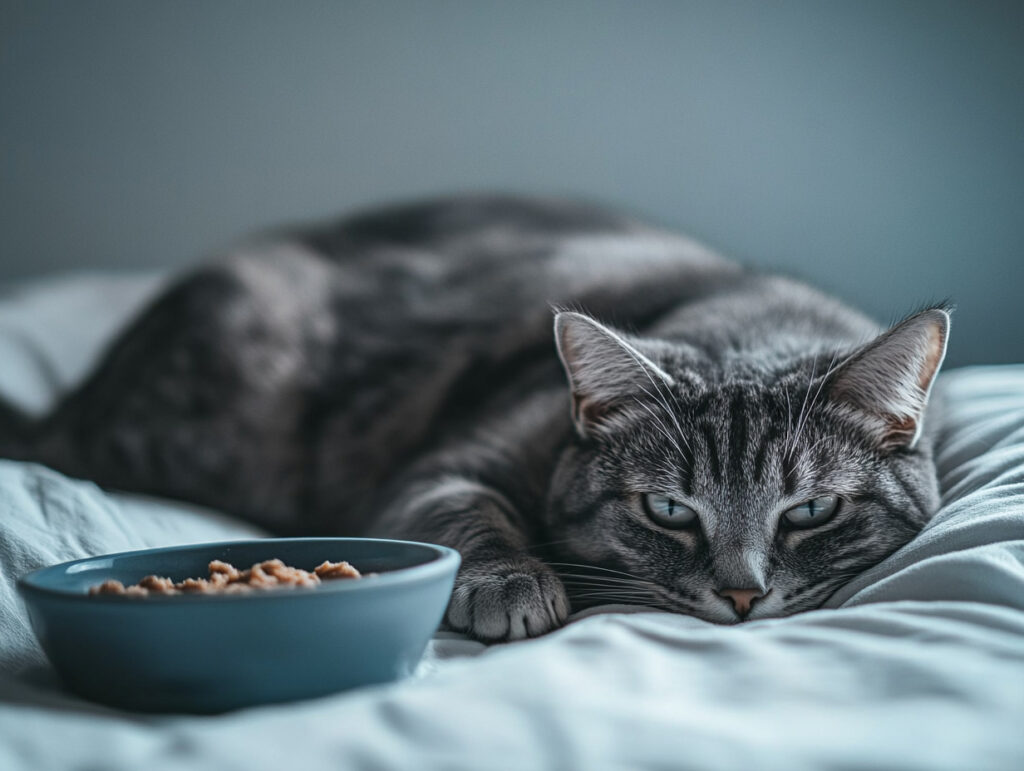
One of the most common reasons a cat may stop eating is because they are experiencing health problems. Conditions such as dental disease, infections, digestive issues, or more serious conditions like kidney disease, liver disease, or hyperthyroidism can cause a lack of appetite in cats. If your cat’s loss of appetite is accompanied by other symptoms like lethargy, vomiting, diarrhea, or weight loss, it’s essential to get them checked by a veterinarian as soon as possible.
If your cat is showing signs of illness, contact your vet immediately. Your vet may conduct blood tests, physical exams, and imaging to identify the root cause. Once the underlying health issue is diagnosed, appropriate treatment will be recommended. Regular vet check-ups can help detect issues early and prevent complications.
2. Dental Problems
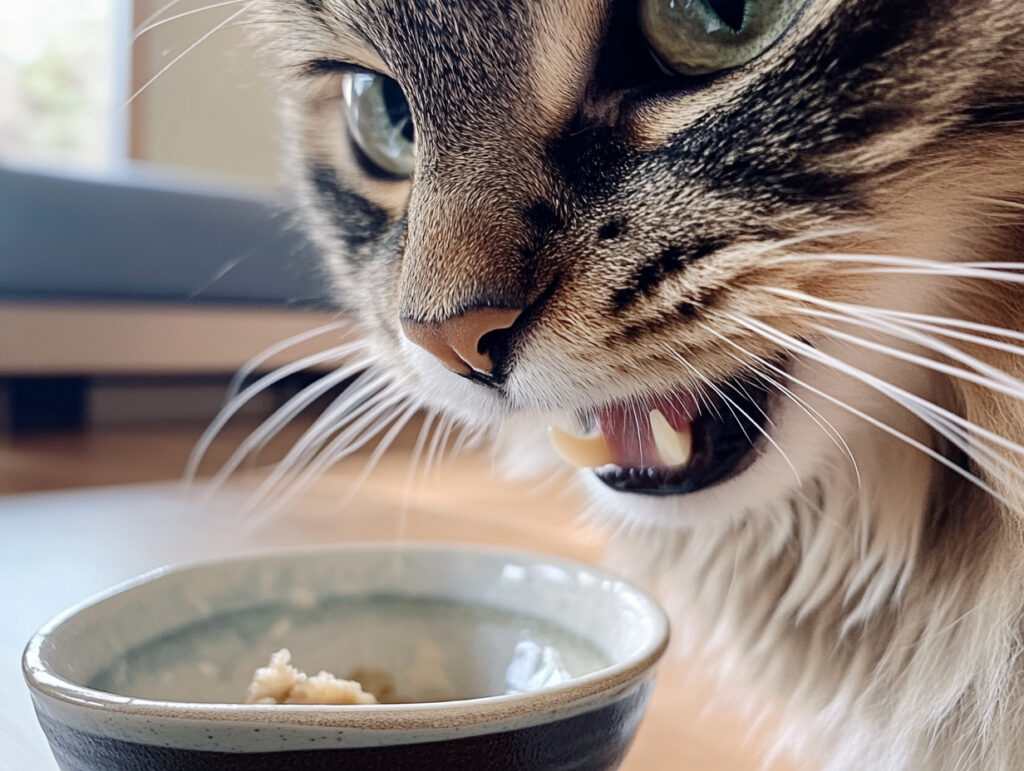
Dental disease is another common reason cats may stop eating. If your cat is experiencing pain due to gum disease, broken teeth, or tooth abscesses, they may refuse to eat because chewing is uncomfortable. Cats often hide their discomfort, so you may not notice the problem until it becomes severe.
Check your cat’s mouth for signs of swelling, redness, or bad breath. If you suspect dental problems, take your cat to the vet for a dental check-up. Regular dental care, such as teeth brushing and professional cleanings, can help prevent oral health issues in the future.
3. Stress or Anxiety
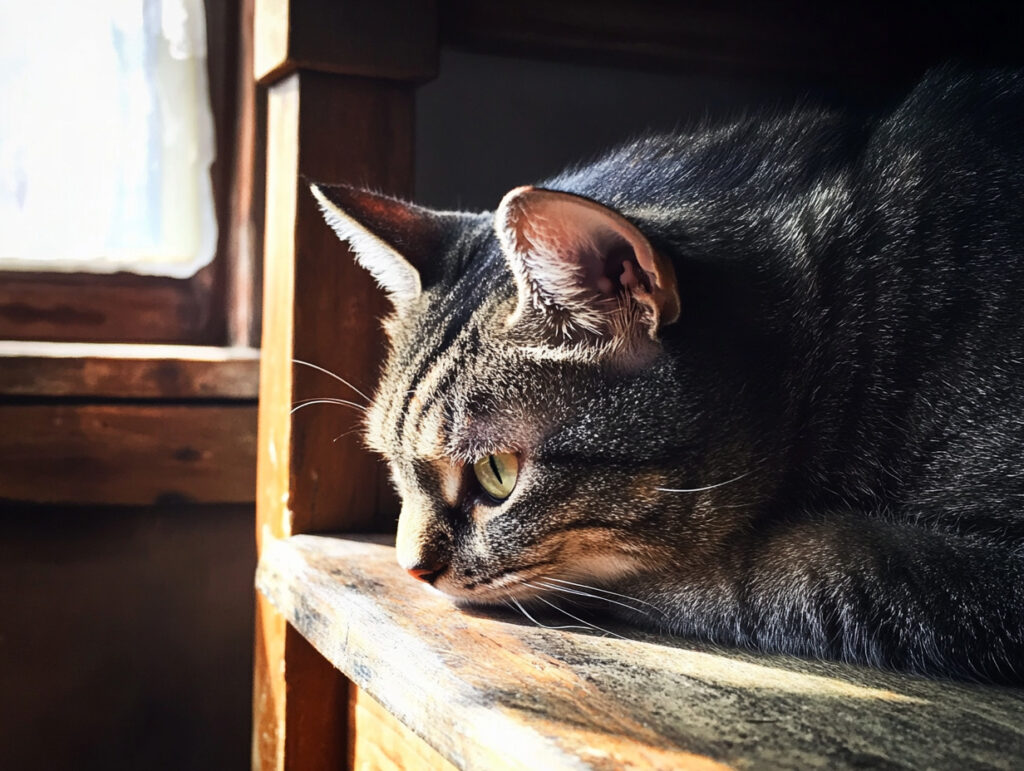
Cats are sensitive animals, and changes in their environment or routine can lead to stress and anxiety, which may result in a loss of appetite. Moving to a new home, the addition of a new pet or family member, or even a change in the owner’s schedule can upset your cat’s routine and cause them to stop eating. Separation anxiety or stress from loud noises (such as thunderstorms or fireworks) can also contribute to a decreased appetite.
Create a calm and quiet environment for your cat, especially if you’ve recently made changes to their routine. Give them a safe space where they can retreat if they’re feeling stressed. Stick to a consistent feeding schedule and ensure your cat feels secure and comfortable. If your cat’s anxiety persists, consider consulting with a vet or animal behaviorist for advice on stress management.
4. Change in Diet or Food Preferences
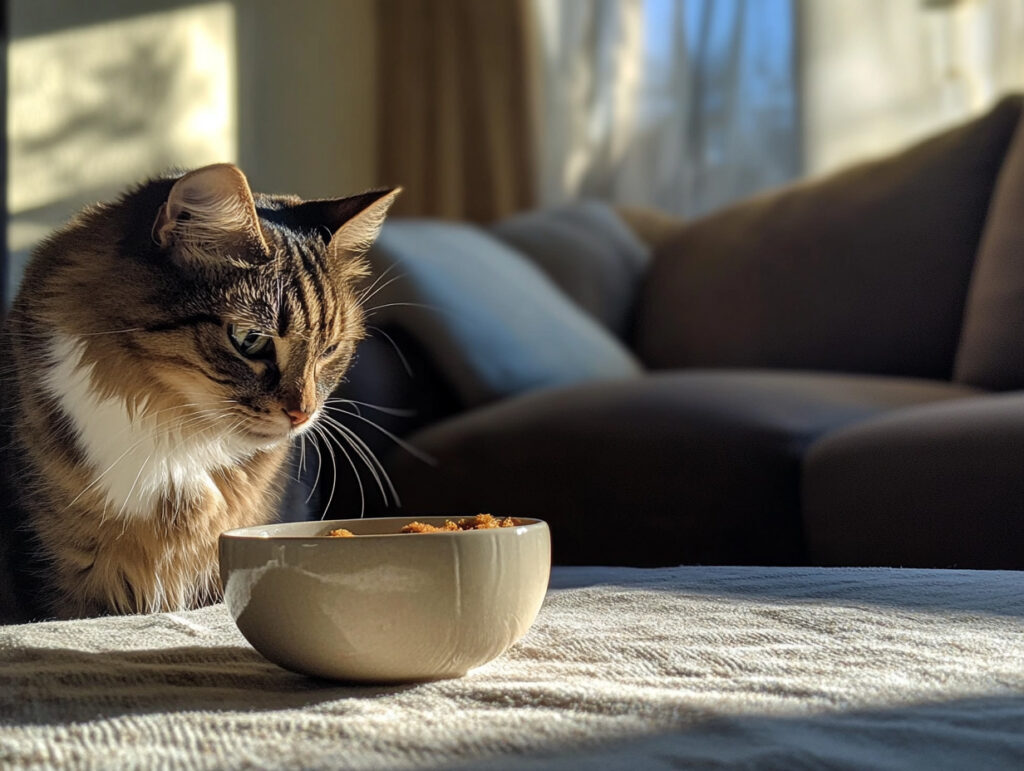
If you’ve recently changed your cat’s food, they may be rejecting the new food because they’re not used to the taste or texture. Cats can be picky eaters, and some may prefer a particular brand or flavor. A sudden change in their diet can also cause digestive upset, leading to reluctance to eat.
If you suspect that your cat isn’t eating due to a food change, try offering them their old food again or mixing the new food with the old one. Gradually transition to a new food over several days to allow your cat to adjust. Additionally, ensure that the food is fresh, properly stored, and free from any contamination.
5. Pain or Discomfort
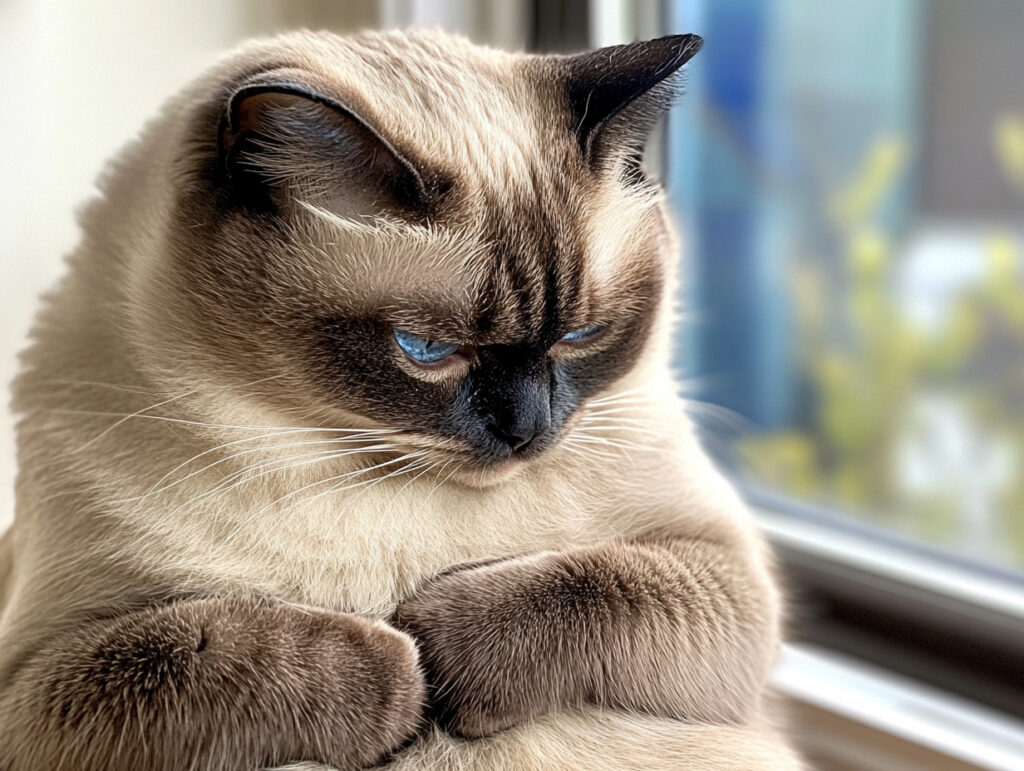
If your cat is in pain from an injury, surgery, or a medical condition, they may not feel like eating. Arthritis, injuries, or other conditions that cause discomfort can make it difficult for your cat to eat or even find a comfortable position to eat in. Cats who experience pain may also show a decrease in activity or grooming.
If you suspect pain is the issue, try to identify any injuries or signs of discomfort. Cats often hide pain, so look for subtle signs such as limping, difficulty jumping, or changes in their posture. Contact your vet to determine the cause of the pain and seek appropriate treatment, whether it’s pain relief medication or other therapies.
6. Gastrointestinal Issues
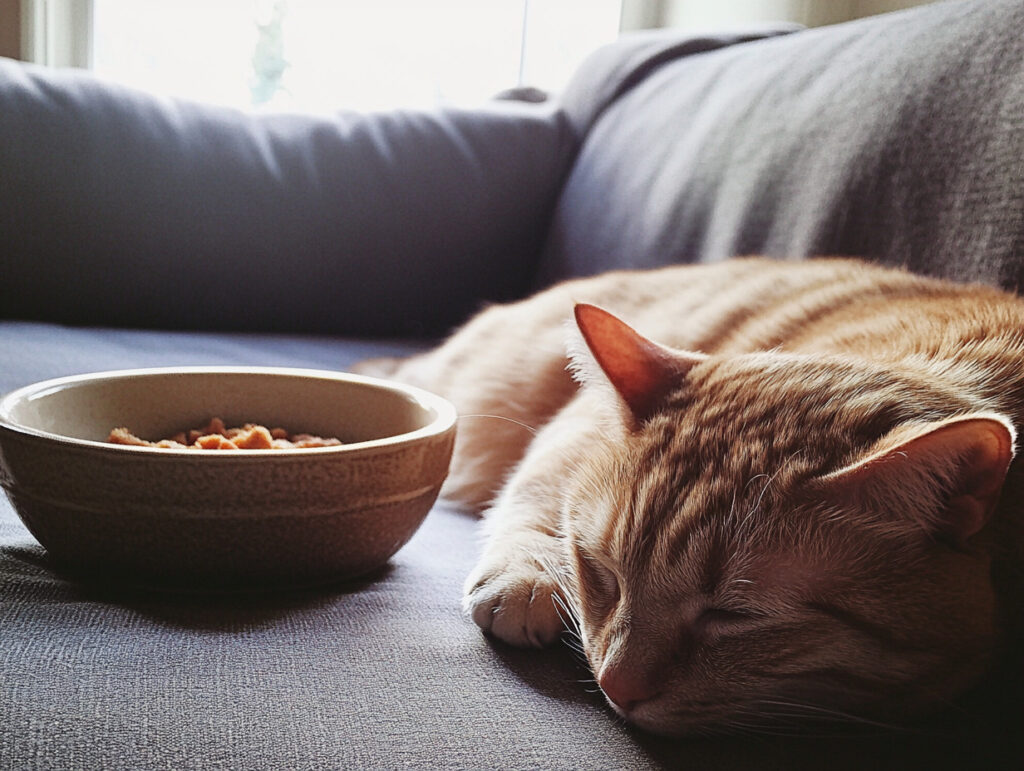
Cats can sometimes experience digestive issues such as constipation, nausea, or gastritis, which can cause a loss of appetite. If your cat is having trouble with digestion, they may feel too uncomfortable to eat. Gastrointestinal issues can be caused by a variety of factors, including food intolerance, stress, or infections.
If your cat is showing signs of gastrointestinal upset, such as vomiting, diarrhea, or constipation, consult with your vet. They may recommend dietary changes, medications, or tests to help determine the cause of the issue. Ensuring your cat’s food is high-quality and appropriate for their age or health condition can help prevent digestive problems.
7. Older Age
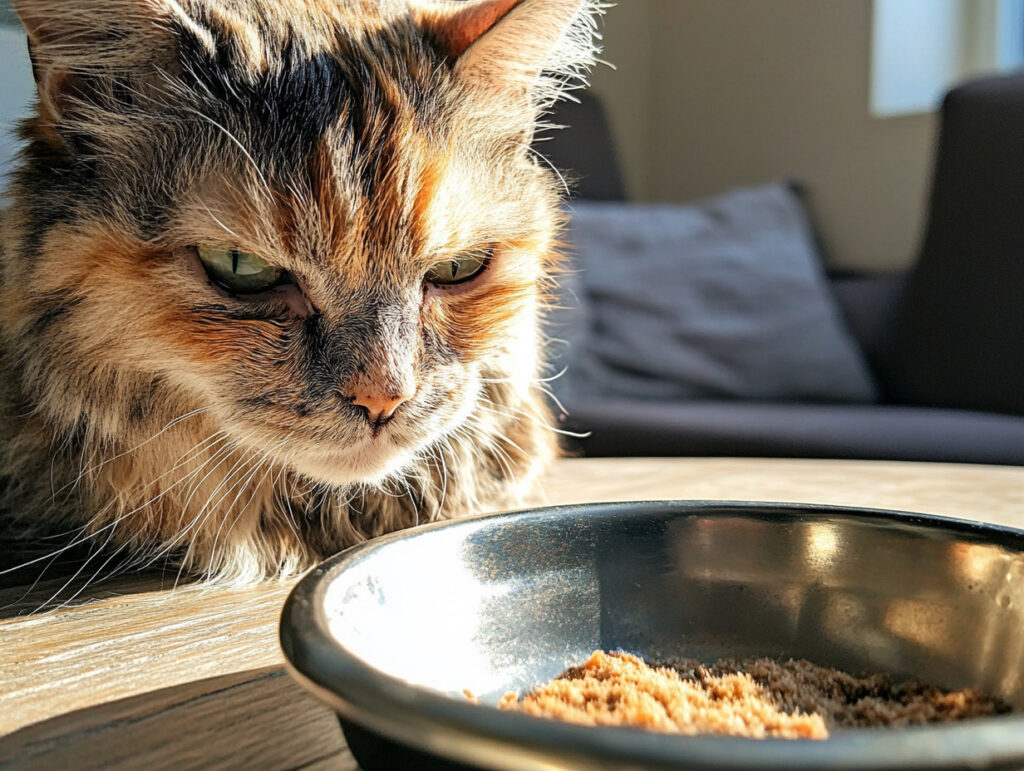
As cats age, their metabolism and appetite can change. Older cats may not be as interested in food as they once were, and they may also experience issues like dental disease, arthritis, or decreased sensory function, which can impact their eating habits. Aging cats may also have a reduced sense of smell or taste, making food less appealing.
For senior cats, it’s important to provide senior-specific cat food that meets their nutritional needs. Ensure they have easy access to food and water, and consider warming up their meals to enhance the aroma and taste. If your senior cat continues to show a lack of interest in food, take them to the vet for a thorough examination.
8. Infections or Parasites
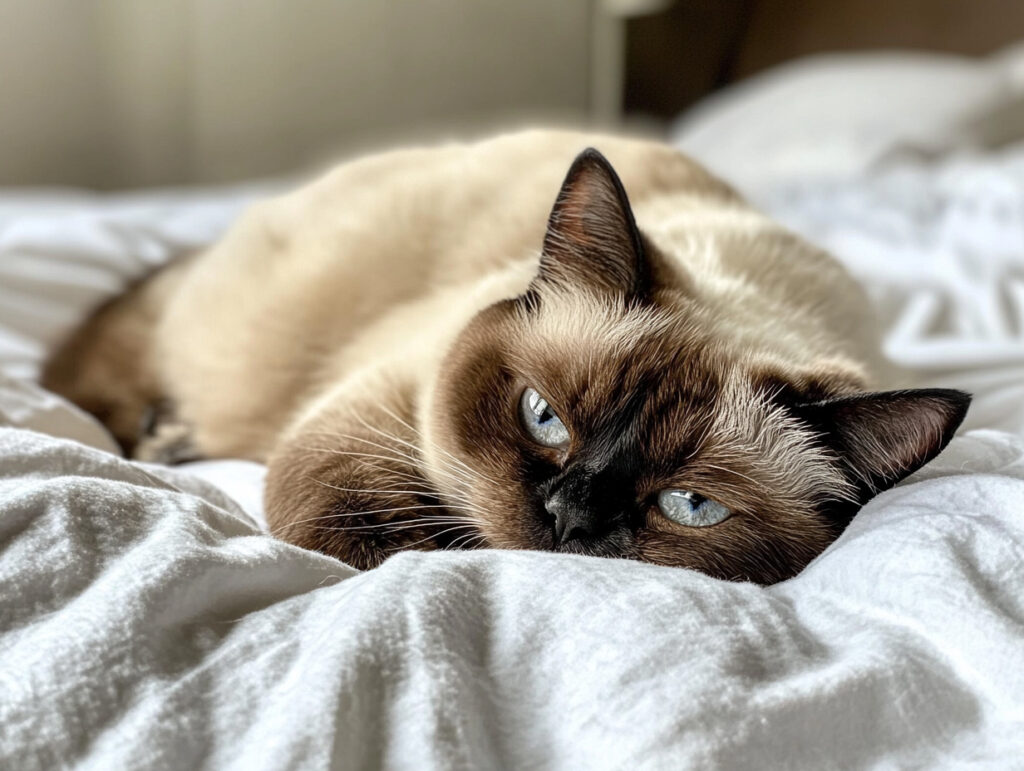
Certain infections or parasites, such as intestinal worms, bacterial infections, or viruses, can cause a cat to lose their appetite. If your cat has been vomiting, has diarrhea, or seems lethargic, these could be signs of an underlying infection or parasite infestation.
If you suspect your cat has an infection or parasites, take them to the vet for diagnostic testing. Your vet will be able to identify the cause and recommend appropriate treatment, which may include medication or changes to your cat’s diet to restore their appetite.
When to See a Veterinarian
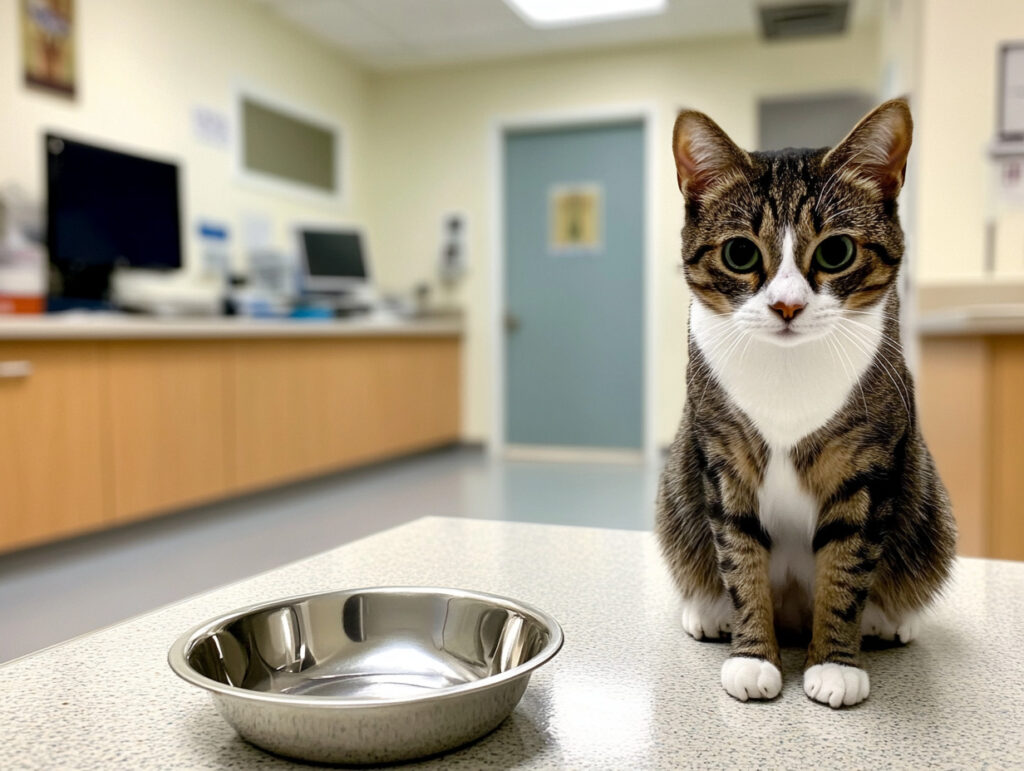
If your cat refuses to eat for more than 24 to 48 hours, or if they are exhibiting other concerning symptoms such as vomiting, diarrhea, lethargy, or weight loss, it’s important to consult with a veterinarian. A loss of appetite can be a sign of an underlying health issue that requires professional attention.
Final Thoughts
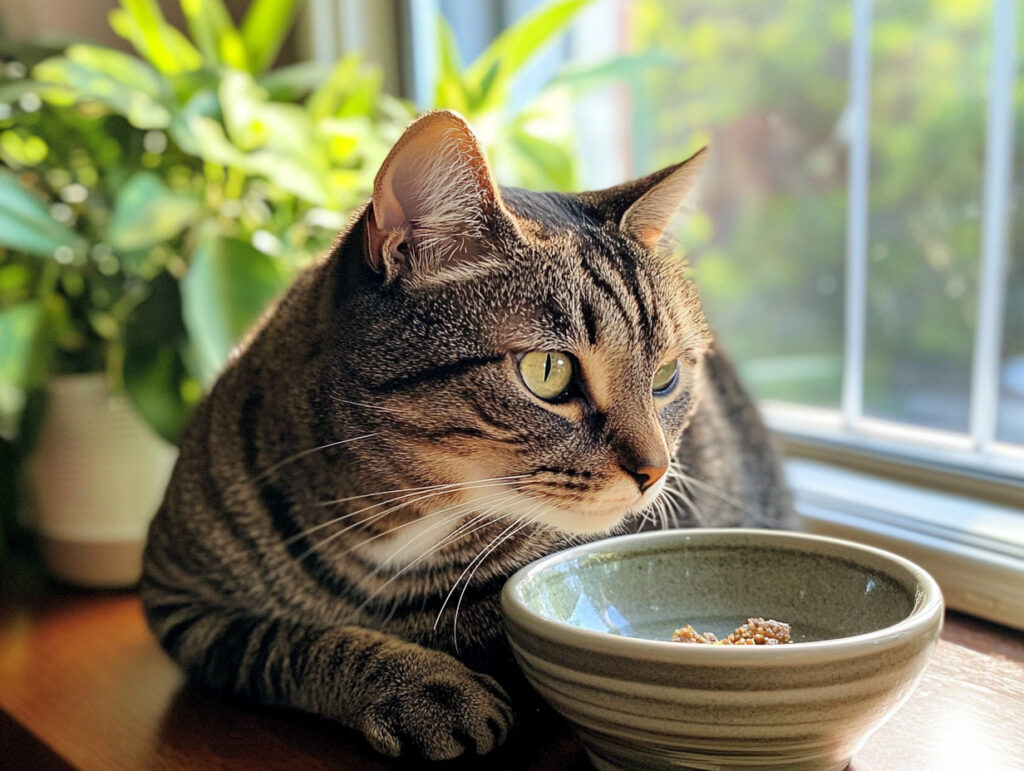
It can be concerning when your cat stops eating, but by identifying the potential cause of the issue, you can take the right steps to help them get back on track. Whether it’s a health issue, stress, or a dietary change, understanding the underlying cause will guide your approach. If your cat’s loss of appetite persists or is accompanied by other symptoms, don’t hesitate to contact your vet. Ensuring that your cat stays healthy, happy, and well-fed is key to their overall well-being.

